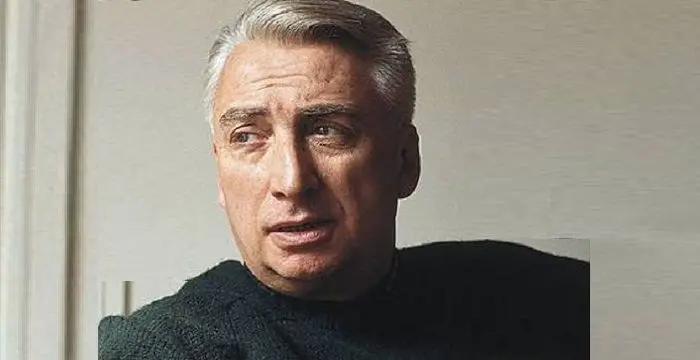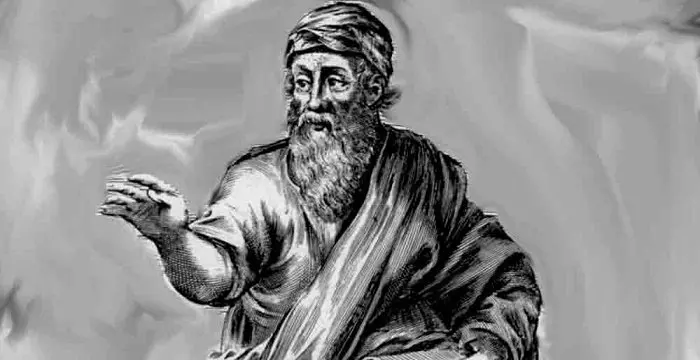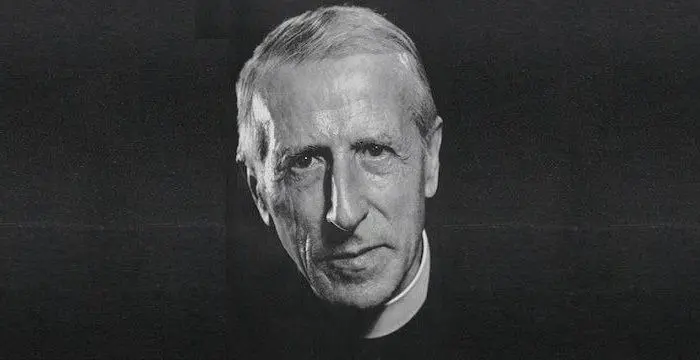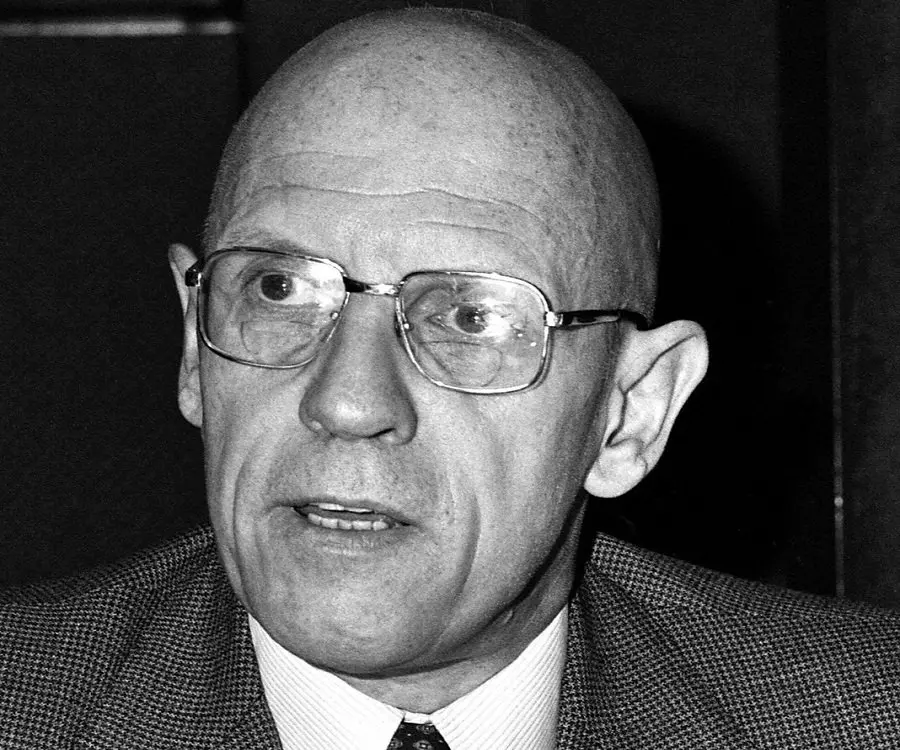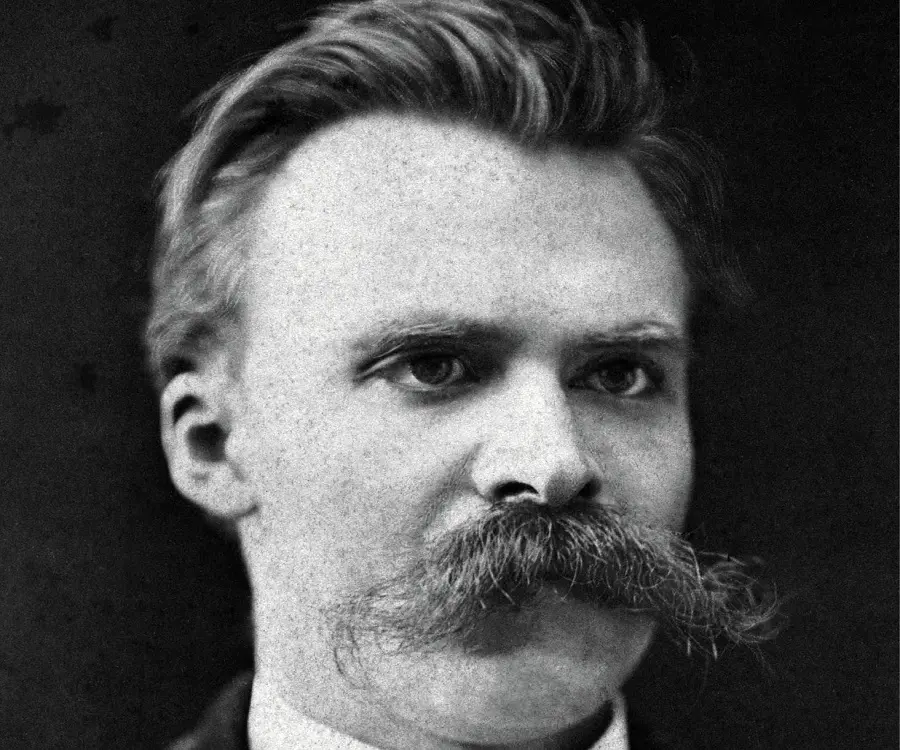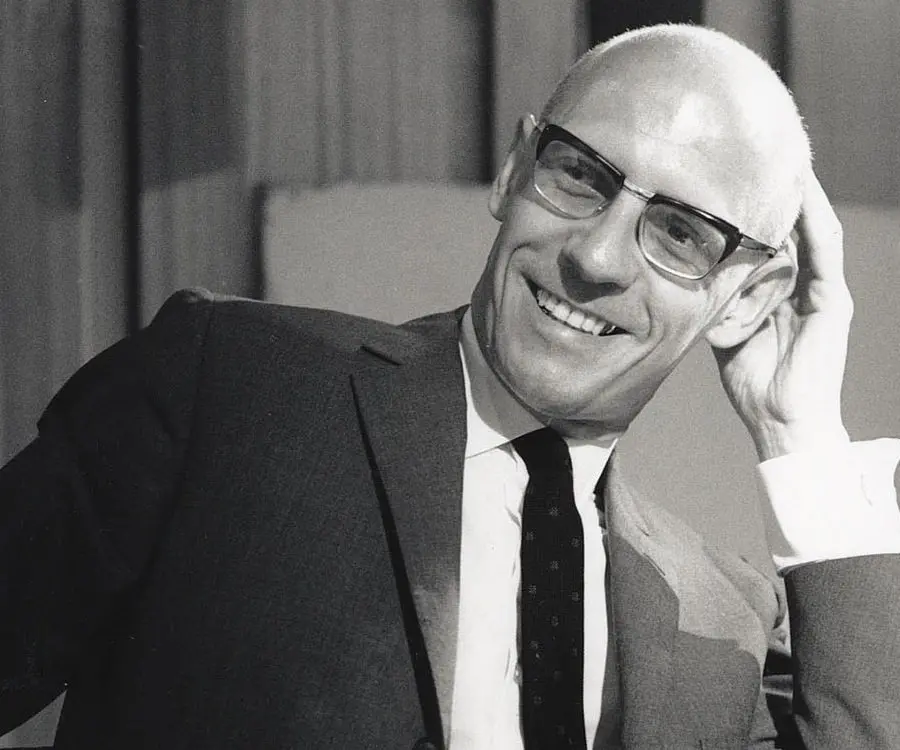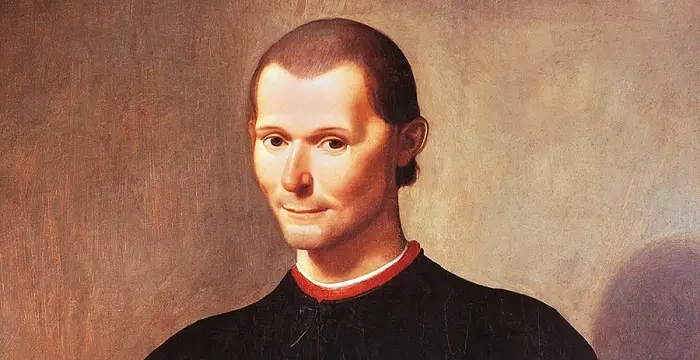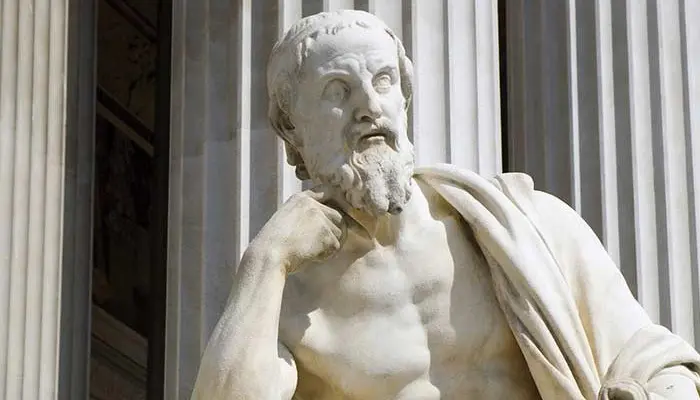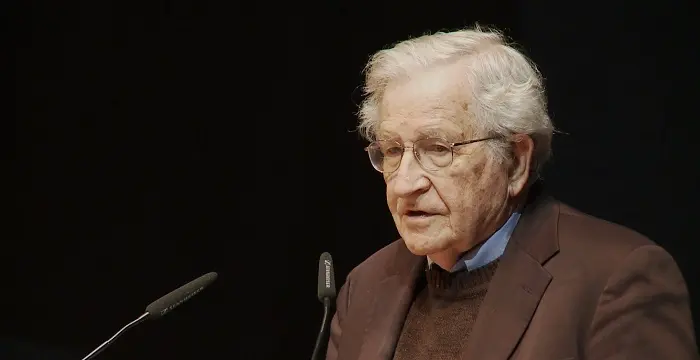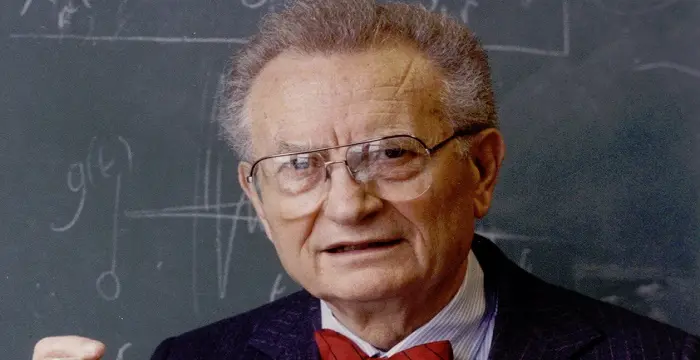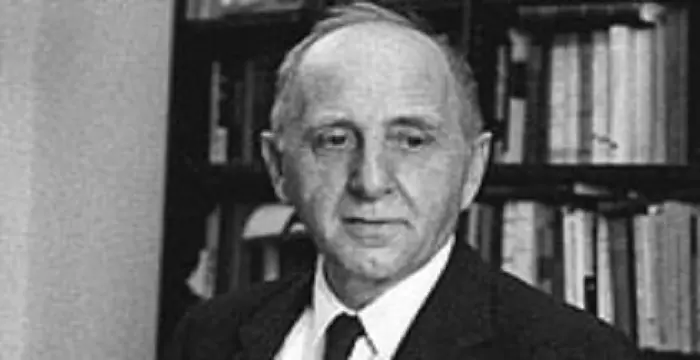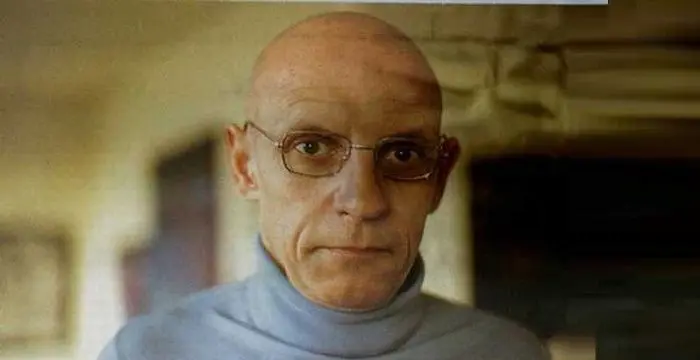
Michel Foucault - Philosophers, Life Achievements and Childhood
Michel Foucault's Personal Details
Michel Foucault was a popular French philosopher and historian
| Information | Detail |
|---|---|
| Birthday | October 15, 1926 |
| Died on | June 25, 1984 |
| Nationality | French |
| Famous | Intellectuals & Academics, Philosophers, Historians, Philosophers |
| Known as | Paul-Michel Foucault |
| Universities |
|
| Cause of death |
|
| Birth Place | Poitiers |
| Gender | Male |
| Father | Paul Foucault |
| Mother | Anne Malapert |
| Sun Sign | Libra |
| Born in | Poitiers |
| Famous as | French philosopher |
| Died at Age | 57 |
// Famous Philosophers
Roland Barthes
Roland Barthes was a French literary theorist, critic and semiotician. This biography profiles his childhood, life, works, achievements and timeline.
Pythagoras
Pythagoras of Samos was a Greek mathematician and philosopher. Read on to learn more about Pythagoras’s profile, childhood, life and timeline.
Pierre Teilhard de Chardin
Pierre Teilhard de Chardin was a famous French philosopher and a priest who was also known for his controversial writings. Read more about the life and works of this philosopher in the following article.
Michel Foucault's photo
Who is Michel Foucault?
Michel Foucault was a prominent French philosopher and historian. He was also a controversial scholar, who shot to both fame and notoriety post-World War II, for his best-known work ‘The Order of Things’. He was widely associated with the structuralist and post-structuralist waves in Europe and had a sturdy effect in not only philosophy but over an extensive array of socio-scientific disciplines. His works can largely be categorized as metaphysical and historical research. He hoped to comprehend the philosophies that molded an individual’s present, not only in terms of antique functions but also by locating the vicissitudes in their utility through history. One of his other known multi-volume works ‘The History of Sexuality’ is also considered extremely important though not a major work, due to the fact that it remained unfinished. Some of his other known works include ‘The Use of Pleasure’ and ‘The Care of the Self’. Foucault also lectured numerous times on topics pertaining to ‘sexual issues’ and proclaimed that it was more of a ‘necessary good’ albeit essential for reproduction. A sad twist in irony however, put an end to his career, after he died an untimely death from complications related to HIV. If you would like to learn more about this personality, scroll further.
// Famous Historians
Niccolò Machiavelli
Niccolo Machiavelli was an Italian politician, historian and philosopher who is widely known as a founder of modern political science.
Herodotus
Herodotus was a Greek historian widely referred to as 'The Father of History'. This biography of Herodotus provides detailed information about his childhood, life, achievements, works & timeline.
Noam Chomsky
Chomsky is an American linguist, political theorist, and activist, often referred to as "the father of modern linguistics”. Check out this biography to know about his childhood, family life, achievements and other facts related to his life.
Childhood & Early Life
Paul-Michel Foucault was the second of the three children born into an upper-middle class family, in Poitiers, France. All the three children were raised as staunch Roman Catholics.
He studied at the Lycee Henry-IV for two years before he attended regular lycee, where he stayed until 1936. At school, he excelled in Latin, History, Greek and French.
In 1940, he joined the College Saint-Stanislas, an institution run by Jesuits. He earned his ‘baccalaureat’ from the institute, three years later.
After he graduated, he returned to the local Lycee Henry-IV, where he studied history and philosophy for a year under Louis Girard. In 1946, he enrolled at the leading, Ecole Normale Superieure. During his time at the institute, he became an insatiable reader and was largely unpopular with his peers.
In his early years, he was extremely depressed and always distressed due to the taboos surrounding homosexual activity, which he indulged in.
Career
In 1950, he joined the French Communist Party, but never became particularly involved in its activities. He left the party three years later.
From 1951 to 1954, he worked as a psychology instructor at the ENS and was also teaching psychology at the Universite Lille Nord de France. He was a popular lecturer with his students.
During this time, he also worked hard for his thesis as he was studying for a doctorate at the Fondation Thiers on philosophy and psychology. He would visit the Bibliotheque Nationale often and indulge in the works of Ivan Pavlov and Karl Jaspers.
In 1954, he published his first book, ‘Mental Illness and Personality’ and also wrote the introduction to Ludwig Binswanger’s paper, ‘Dream and Existence’.
In 1955, he traveled to Sweden, where he took up a job as national diplomat at the University of Uppsala. It was around this time that he also completed the first round of his thesis and he hoped that the University would accept it, but in vain. Disappointed, he left Sweden.
He went to Warsaw, Poland in October 1958, where he was made the head of the ‘Centre Francais’ at the University of Warsaw. During his stay in Poland, he was upset with the way the government functioned as a ‘puppet regime’ of the Soviet Union.
A sexual indignity forced him to leave Poland for West Germany, where he began teaching. In 1960, he took up vacant post in the department of philosophy at the University of Clermont-Ferrand.
During this time, he completed his doctoral thesis titled, ‘Madness and Insanity: History of Madness in the Classical Age’, which was published in 1961, which was later made into a book. The publication became a critical hit.
In 1963, he published a book dedicated to Raymond Roussel, which would be later printed in English titled, ‘Death and the Labyrinth: The World of Raymond Roussel’. The same year, he published, ‘The Birth of the Clinic: An Archaeology of Medical Perception’. The latter went on to gather a fad following.
From 1963 to 1964, he was chosen to be among the ‘Eighteen Man Commission’ that got together to debate university reorganizations. Two years later, another one of his works, ‘The Order of Things: An Archaeology of the Human Sciences’ was published. This catapulted him to fame, making him an important figure in the structuralist wave.
In 1966, he taught psychology at the University of Tunis, in Tunisia. Two years later, he moved to Paris and was chosen as the head of the philosophy department at the ‘Centre Experimental de Vincennes’.
In 1969, he left Vincennes for ‘College de France’, where he gave his initial lecture the following year, which was subsequently published as ‘The Discourse of Language’. Here, he gave 12 weekly lectures a year.
He co-founded the ‘Group d’information sur les Prisons’ (GIP) along with Pierre Vidal-Naquet in 1971. The group focused on divulging the poor settings that prisoners lived in and was also greatly critical of the penal system. In the next three years, the membership of the group was up from 2000 to 3000.
In 1975, he published one of his best-known works, ‘Discipline and Punish’, which offered an insight into the history of the system of Europe. The following year, another one of his major works was published titled, ‘The History of Sexuality: The Will to Knowledge’.
Towards the end of his life, he remained an active political activist focused on opposing abuse of human rights. During the Iranian revolution, he wrote a column for an Italian publication about the same, for which he traveled personally to Iran and was one of the journalists who covered Ayatollah Khomeini’s Islamist movement.
In 1980, he was a visiting professor at the University of California, Berkeley. Four years later, he published the second and third volumes of ‘Histoire de la sexualite’. However, he could not complete the fourth volume of the same. He delivered his last set of lectures at the College de France, before his death.
Major Works
‘The Order of Things: An Archaeology of the Human Sciences’ was first published in 1966. A critically-acclaimed publication, it was translated to English four years after its initial print and is considered one of the ‘most important structuralist works’. The book became so popular that it was ranked at no. 66 in Le Monde’s list of ‘100 books of the Century’.
Personal Life & Legacy
Michel Foucault was a homosexual and indulged in sado-masochistic sexual activities with countless men. He also made heavy use of drugs during his lifetime.
He was extremely fond of classical music and was particularly fond of Johann Sebastian Bach and Mozart.
He remained a staunch leftist for most part of his life.
Due to his countless sexual encounters with men and transvestites, he contracted HIV, which eventually developed into AIDS. He would often visit bathhouses and was a regular in gay-circles at the San Francisco Bay Area.
He initially suffered from continuous dry cough but after he was admitted to hospital, it was diagnosed that he was suffering from AIDS. He passed away due to complications from septicemia in Paris, France.
Following his death, his deliberations and works went on to inspire a horde of critical theorists along with influencing the structuralist and post-structuralist movements.
In 2007, he was enumerated as the ‘most cited scholar in the humanities’ by the ISI Web of Science.
Trivia
This famous French philosopher and historian was known for wearing ‘turtleneck jumpers’, which was his trademark style.
// Famous Philosophers
Martin Buber
One of the greatest philosophers to have ever walked on earth, Martin Buber contributions to philosophy is a long-standing one. Explore all about his profile, childhood, life and timeline here.
Lao Tzu (Laozi)
Lao Tzu was a legendary Chinese philosopher who wrote the important “Daodejing”. This biography profiles his childhood, life, career, achievements and timeline.
Alan Watts
Alan Watts was a famous British philosopher known for his Zen teachings and interpretations of Eastern philosophy. Read more about this great philosopher in the following article.
Michel Foucault's awards
| Year | Name | Award |
|---|---|---|
Other | ||
| 0 | Nll | |
Michel Foucault biography timelines
- // 1936He studied at the Lycee Henry-IV for two years before he attended regular lycee, where he stayed until 1936. At school, he excelled in Latin, History, Greek and French.
- // 1940In 1940, he joined the College Saint-Stanislas, an institution run by Jesuits. He earned his ‘baccalaureat’ from the institute, three years later.
- // 1946After he graduated, he returned to the local Lycee Henry-IV, where he studied history and philosophy for a year under Louis Girard. In 1946, he enrolled at the leading, Ecole Normale Superieure. During his time at the institute, he became an insatiable reader and was largely unpopular with his peers.
- // 1950In 1950, he joined the French Communist Party, but never became particularly involved in its activities. He left the party three years later.
- // 1951 To 1954From 1951 to 1954, he worked as a psychology instructor at the ENS and was also teaching psychology at the Universite Lille Nord de France. He was a popular lecturer with his students.
- // 1954In 1954, he published his first book, ‘Mental Illness and Personality’ and also wrote the introduction to Ludwig Binswanger’s paper, ‘Dream and Existence’.
- // 1955In 1955, he traveled to Sweden, where he took up a job as national diplomat at the University of Uppsala. It was around this time that he also completed the first round of his thesis and he hoped that the University would accept it, but in vain. Disappointed, he left Sweden.
- // 1958He went to Warsaw, Poland in October 1958, where he was made the head of the ‘Centre Francais’ at the University of Warsaw. During his stay in Poland, he was upset with the way the government functioned as a ‘puppet regime’ of the Soviet Union.
- // 1960A sexual indignity forced him to leave Poland for West Germany, where he began teaching. In 1960, he took up vacant post in the department of philosophy at the University of Clermont-Ferrand.
- // 1961During this time, he completed his doctoral thesis titled, ‘Madness and Insanity: History of Madness in the Classical Age’, which was published in 1961, which was later made into a book. The publication became a critical hit.
- // 1963In 1963, he published a book dedicated to Raymond Roussel, which would be later printed in English titled, ‘Death and the Labyrinth: The World of Raymond Roussel’. The same year, he published, ‘The Birth of the Clinic: An Archaeology of Medical Perception’. The latter went on to gather a fad following.
- // 1963 To 1964From 1963 to 1964, he was chosen to be among the ‘Eighteen Man Commission’ that got together to debate university reorganizations. Two years later, another one of his works, ‘The Order of Things: An Archaeology of the Human Sciences’ was published. This catapulted him to fame, making him an important figure in the structuralist wave.
- // 1966In 1966, he taught psychology at the University of Tunis, in Tunisia. Two years later, he moved to Paris and was chosen as the head of the philosophy department at the ‘Centre Experimental de Vincennes’.
- // 1969In 1969, he left Vincennes for ‘College de France’, where he gave his initial lecture the following year, which was subsequently published as ‘The Discourse of Language’. Here, he gave 12 weekly lectures a year.
- // 1971He co-founded the ‘Group d’information sur les Prisons’ (GIP) along with Pierre Vidal-Naquet in 1971. The group focused on divulging the poor settings that prisoners lived in and was also greatly critical of the penal system. In the next three years, the membership of the group was up from 2000 to 3000.
- // 1975In 1975, he published one of his best-known works, ‘Discipline and Punish’, which offered an insight into the history of the system of Europe. The following year, another one of his major works was published titled, ‘The History of Sexuality: The Will to Knowledge’.
- // 1980In 1980, he was a visiting professor at the University of California, Berkeley. Four years later, he published the second and third volumes of ‘Histoire de la sexualite’. However, he could not complete the fourth volume of the same. He delivered his last set of lectures at the College de France, before his death.
// Famous Intellectuals & Academics
Bertil Gotthard Ohlin
Bertil Gotthard Ohlin was a famous Swedish economist. This biography profiles his childhood, family life & achievements.
Emily Greene Balch
Emily Greene Balch was an American economist, sociologist and pacifist who won the 1946 Nobel Peace Prize. This biography of Emily Greene Balch provides detailed information about her childhood, life, achievements, works & timeline.
Martin Buber
One of the greatest philosophers to have ever walked on earth, Martin Buber contributions to philosophy is a long-standing one. Explore all about his profile, childhood, life and timeline here.
Paul Samuelson
Nobel laureate Paul Anthony Samuelson is referred to as the ‘Father of Modern Economics’. This biography profiles his childhood, life, career, achievements and interesting facts about him.
Lao Tzu (Laozi)
Lao Tzu was a legendary Chinese philosopher who wrote the important “Daodejing”. This biography profiles his childhood, life, career, achievements and timeline.
Simon Kuznets
Simon Kuznets was a noted Russian-American economist, statistician, demographer, and economic historian. Check out this biography to know about his childhood, family life, achievements and other facts related to his life.
Michel Foucault's FAQ
What is Michel Foucault birthday?
Michel Foucault was born at 1926-10-15
When was Michel Foucault died?
Michel Foucault was died at 1984-06-25
Where was Michel Foucault died?
Michel Foucault was died in Paris, France
Which age was Michel Foucault died?
Michel Foucault was died at age 57
Where is Michel Foucault's birth place?
Michel Foucault was born in Poitiers
What is Michel Foucault nationalities?
Michel Foucault's nationalities is French
What was Michel Foucault universities?
Michel Foucault studied at Lycée Henri-IV, École Normale Supèriéure
What is Michel Foucault's cause of dead?
Michel Foucault dead because of AIDS
Who is Michel Foucault's father?
Michel Foucault's father is Paul Foucault
Who is Michel Foucault's mother?
Michel Foucault's mother is Anne Malapert
What is Michel Foucault's sun sign?
Michel Foucault is Libra
How famous is Michel Foucault?
Michel Foucault is famouse as French philosopher
